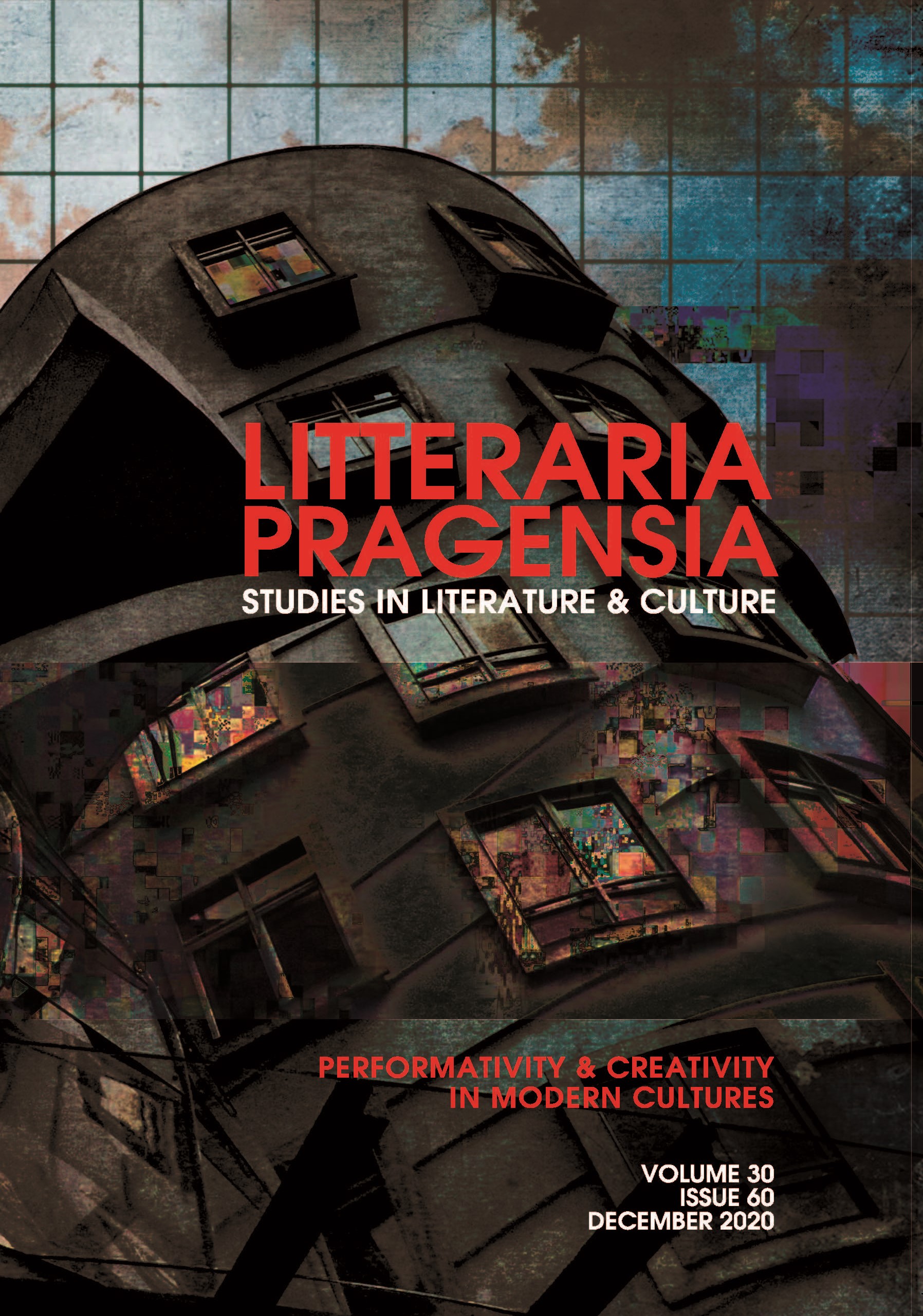Heterotelic models as performatives: From speech acts to propositionality
Heterotelic models as performatives: From speech acts to propositionality
Author(s): Pavel DrábekSubject(s): Philosophy, Language studies, Studies of Literature
Published by: Univerzita Karlova v Praze - Filozofická fakulta, Vydavatelství
Keywords: heterotelic models; performatives; speech acts; propositionality
Summary/Abstract: Performatives in the sense of speech act theory have long been held for the elementary building blocks of theatre and performance. This article proposes a theory of performative models as autonomous forms that are (1) propositional (to be worked with), (2) reified (things in their own right), and (3) inherently heterotelic (shifting in their purpose between models-of and models-for, and are always put to uses outside the epistemological system that created them). The article contextualises speech act theory with cultural and political events of the 1960s: the act of naming as an exemplary speech act is set against the disintegration of imperial powers and the postcolonial emancipatory initiatives striking back against the oppressive (and often nominalistically prescriptive) pasts. Rather than the acts of naming, the decisive factors are recognition (that a certain event is happening) and consensus (that the event is valid and constitutes a new social reality). Analysing case studies from drama and history, this article also addresses speech act theory’s failure to come to terms with theatre and performance proper, epitomised by Searle’s claim that, “in a perfectly straightforward sense,” there are no true speech acts (i.e., performatives) in actors’ performances – any promises made by actors on stage cannot be reasonably held to account outside the stage, in real life. This profound misunderstanding on Searle’s part (but also otherwise common) of the actors’ performed personas and the remit of their promises within the performed social realities of the play. The nature and validity of performatives made in performance is the prompt for this essay. I argue that the situation in performance is epistemologically not a parasitical form but rather a case of performatives more complex and holistic than in real life.
Journal: Litteraria Pragensia: Studies in Literature and Culture
- Issue Year: 30/2020
- Issue No: 60
- Page Range: 100-117
- Page Count: 18
- Language: English

